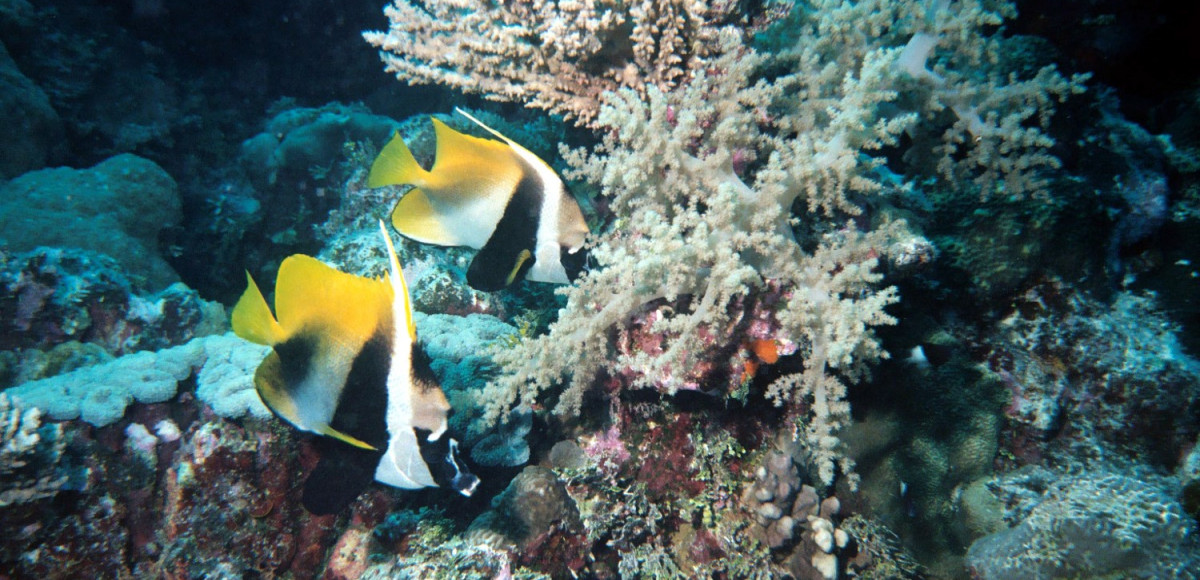The U.S. Marine Biodiversity Observation Network (MBON) All Hands Meeting in May 2023 focused on the critical marine life information that is essential to ecosystem management, the economy and jobs.
Along with the Global Ocean Observing System and other organizations, U.S. MBON is working on the broad goal of establishing standard approaches for data sharing, standards for data formatting and metadata, products for users, and other elements of an integrated marine life observing program. GCOOS is a collaborating MBON partner.
GCOOS collaborating partner updates were provided by Dr. Cassie Glaspie, Louisiana State University, who summarized the status of the Louisiana Deltaic Estuaries MBON: Sea Level Rise Sentinels project; and Dr. Frank Muller-Karger, University of South Florida, who summarized the project The Southeast U.S. MBON: Toward Operational Marine Life Data for Conservation and Sustainability.
One mechanism MBON is using to work toward a national framework that can comprehensively answer questions about changes in biodiversity over time is the cross-MBON working group structure. Currently, eight groups routinely interact:
- eDNA led by Dr. Francisco Chavez
- Data Management and Cyberinfrastructure led by Matthew Biddle
- Remote Sensing/Seascapes led by Dr. Dan Otis
- BioTrack co-led by Drs. Neil Hammerschlag and Megan McKinzie
- BioSound also led by Hammerschlag
- Indicators led by Dr. Ben Best
- Ecosystem Function/Functional Traits led by Dr. Nathan Furey
- Stakeholder Engagement co-led by Dr. Chris Simoniello and Jennifer Dorton.
Examples of MBON progress that are advancing management capabilities included:
- The creation of a habitat compression index that uses satellite remote sensing to monitor upwelling-induced assemblage changes;
- Development of new remote sensing algorithms to accurately reflect conditions in highly turbid coastal environments;
- Movement toward shared eDNA protocols to enable spaciotemporal comparisons;
- Development of web-enabled infographics supporting Sanctuary condition reporting requirements;
- Creation of a data flow for moving biological data into Darwin Core format in collaboration with the Ocean Biodiversity Information System (OBIS)/Global Biodiversity Information Facility (GBIF);
- Incorporation of local and traditional knowledge into MBON activities; and
- Advances in plankton as an Essential Ocean Variable related to food webs, water quality and tracers of discrete water masses.
The latter has important implications for planned NASA missions such as PACE, Surface Geology and Biology (SBG) and GLIMR that will measure ocean color, phytoplankton concentration and diversity, and carbon sources and sinks in ways not possible before. Interested in participating in the network? The next MBON All-Hands meeting will be held 19-21 March 2024 in New Orleans, LA.
- Contact GCOOS Outreach & Education Dr. Chris Simoniello to learn more














